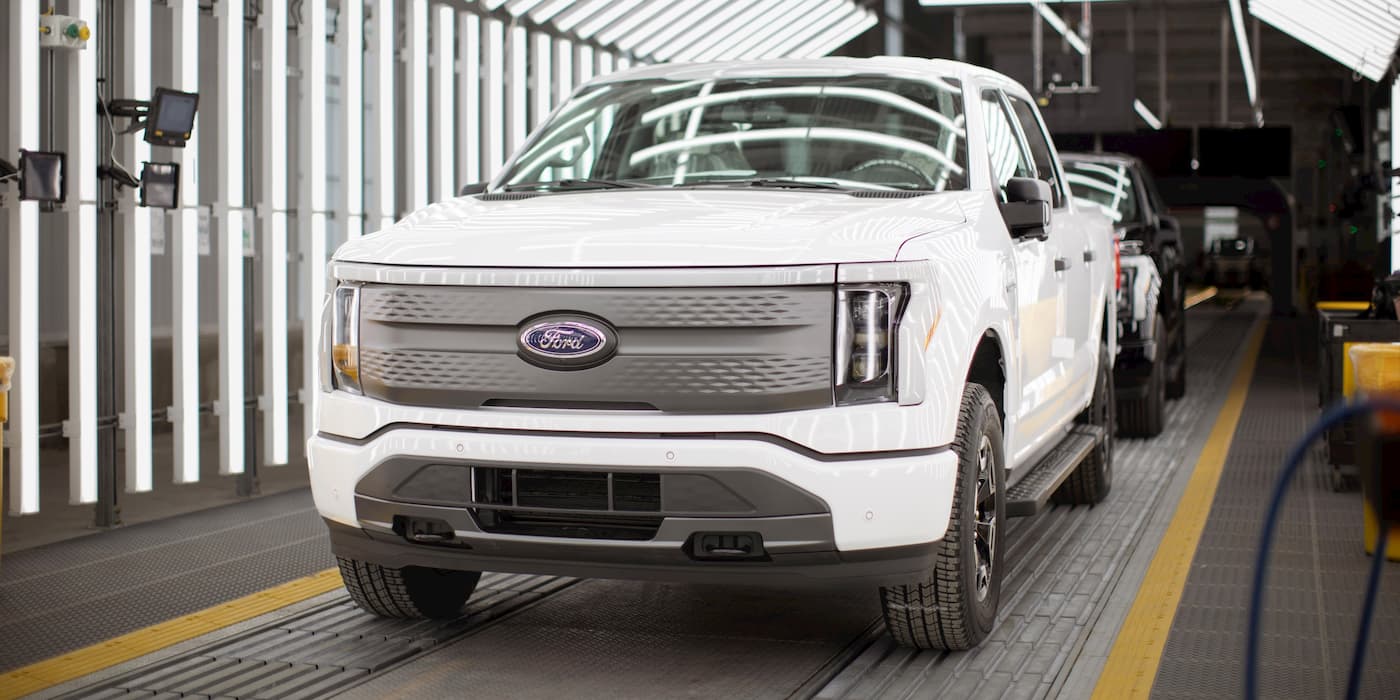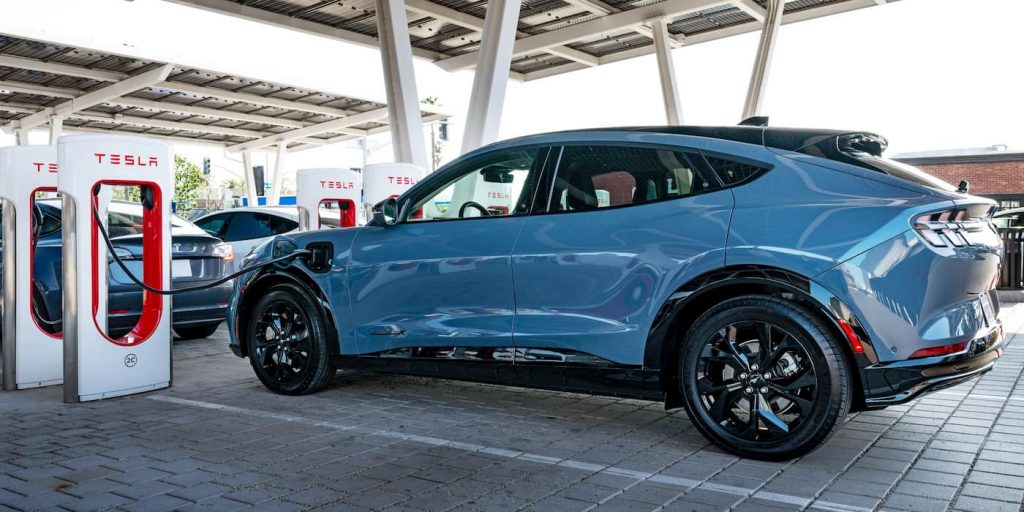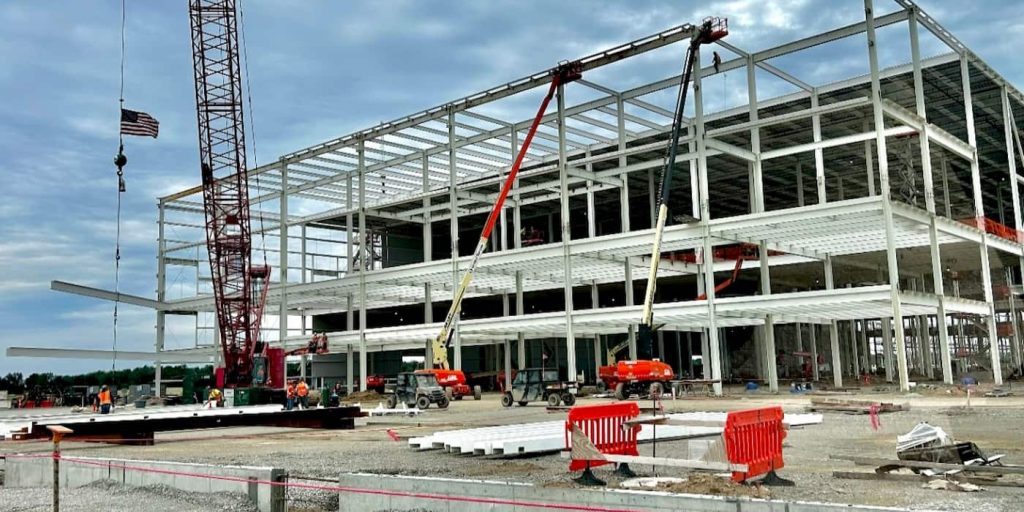
Ford will receive drastically less public support for its new EV battery plant in Michigan. Ford’s incentives for the plant were cut by over half, matching the automaker’s recent plans to scale back.
Scaling back
The Michigan Strategic Fund approved the reduction on Tuesday. Ford will now receive $409.1 million in incentives from Michigan, less than half the initial $1.03 billion expected.
Ford announced it was “resizing” some EV investments last November, including its new EV battery plant (BlueOval Battery Park) in Michigan. The plans include reducing scaling back investments in the project from $3.5 billion to between $2.5 and $3 billion.
The plant was expected to have an annual capacity of 35 GWh. That’s being reduced by over 40% to around 20 GWh.
Ford’s EV battery facility is expected to produce enough LFP batteries for around 230,000 EVs a year, down from 400,000.
In addition, the number of new jobs created at the facility was cut from 2,500 to around 1,700 to 2,000.
Ford announced the 1.8 million sq ft facility is 20% complete and is on track to begin production in 2026. The batteries will be used to power Ford’s next-gen EVs.

Ford’s incentives reduced amid new Michigan EV plans
Ford’s vice president of EV programs and energy supply chain, Lisa Drake, said, “BlueOval Battery Park Michigan will play an important role in our plan to help make electric vehicles more accessible and affordable by producing low-cost LFP batteries in the U.S. and not relying on imports.”
The project has received pushback as Ford plans to license technology from China’s CATL to produce low-cost LFP EV batteries.

Ford expects the facility to benefit from incentives under the Inflation Reduction Act, including the advanced manufacturing production tax credit.
The American automaker is shifting away from larger vehicles to focus on smaller, more profitable EVs.
Michigan is also cutting a $100.8 million grant from 2022. In April, Ford cut one-third of the 2,100 workers at the plant. 700 of them were transferred to its Michigan Assembly Plant, while another 700 were either transferred to other facilities or took advantage of a Special Retirement Incentive Program. Ford said the move was due to “slower than expected” demand.

Ford’s director of state and local government affairs, Tony Reinhart, said the company is “nimbly adjusting” its manufacturing plans to match customer demand. He added, “The Michigan Strategic Fund board is revising its incentive offers accordingly.”
Ford said in a statement Tuesday its EV projects in Michigan will still create or retain upwards of 5,000 jobs. The automaker now has over 44,000 employees in the state.
Despite the pullback, Ford remained the second best-selling EV brand in the US, behind Tesla through the first half of 2024. Ford’s EV sales surged 61% in Q2, with nearly 24,000 models sold.
To keep the momentum going, the F-150 Lightning and Mustang Mach-E are featured in Ford’s new Summer Savings Event (You can view the deals here).
Source: CrainsDetroit, Ford
FTC: We use income earning auto affiliate links. More.



Comments